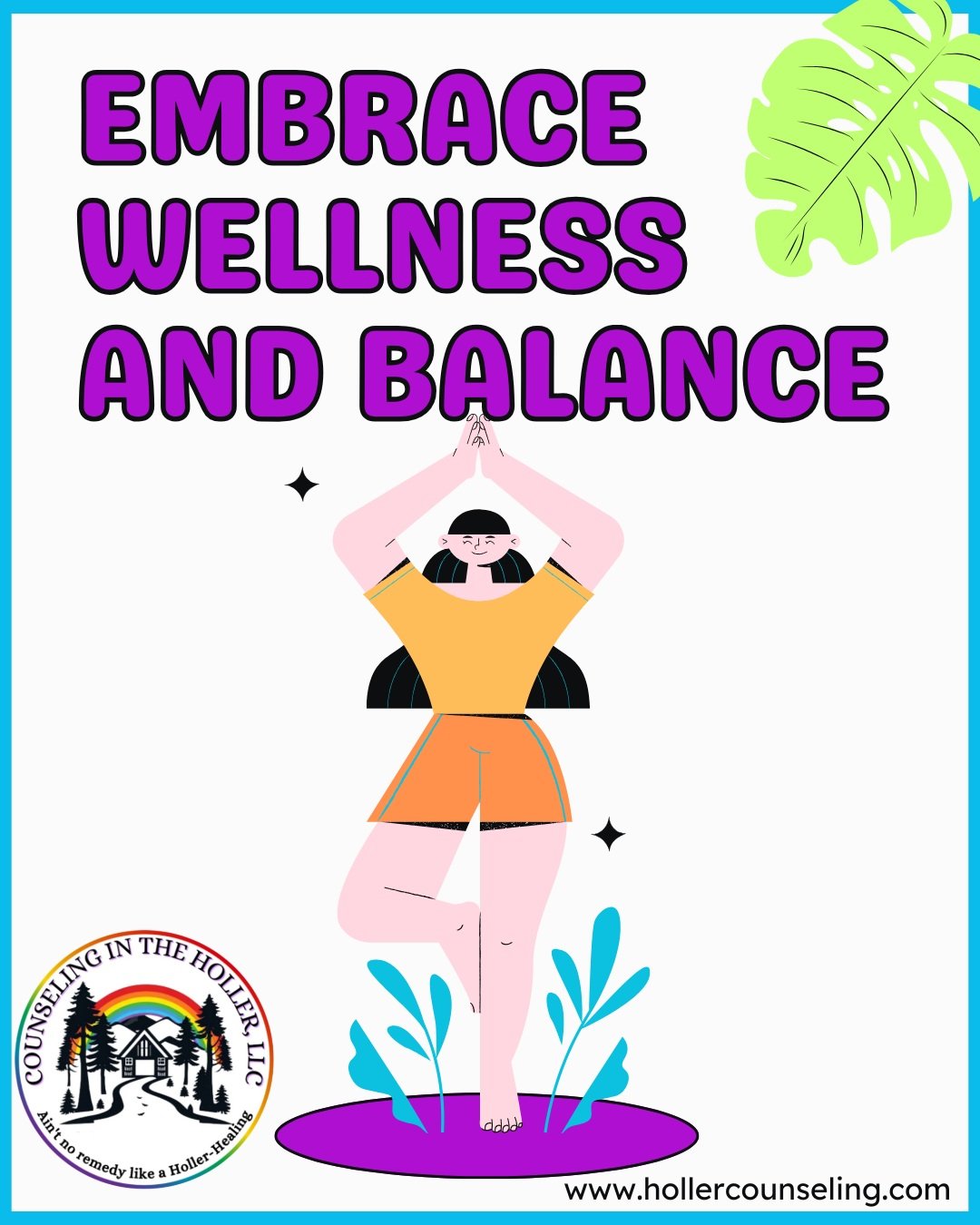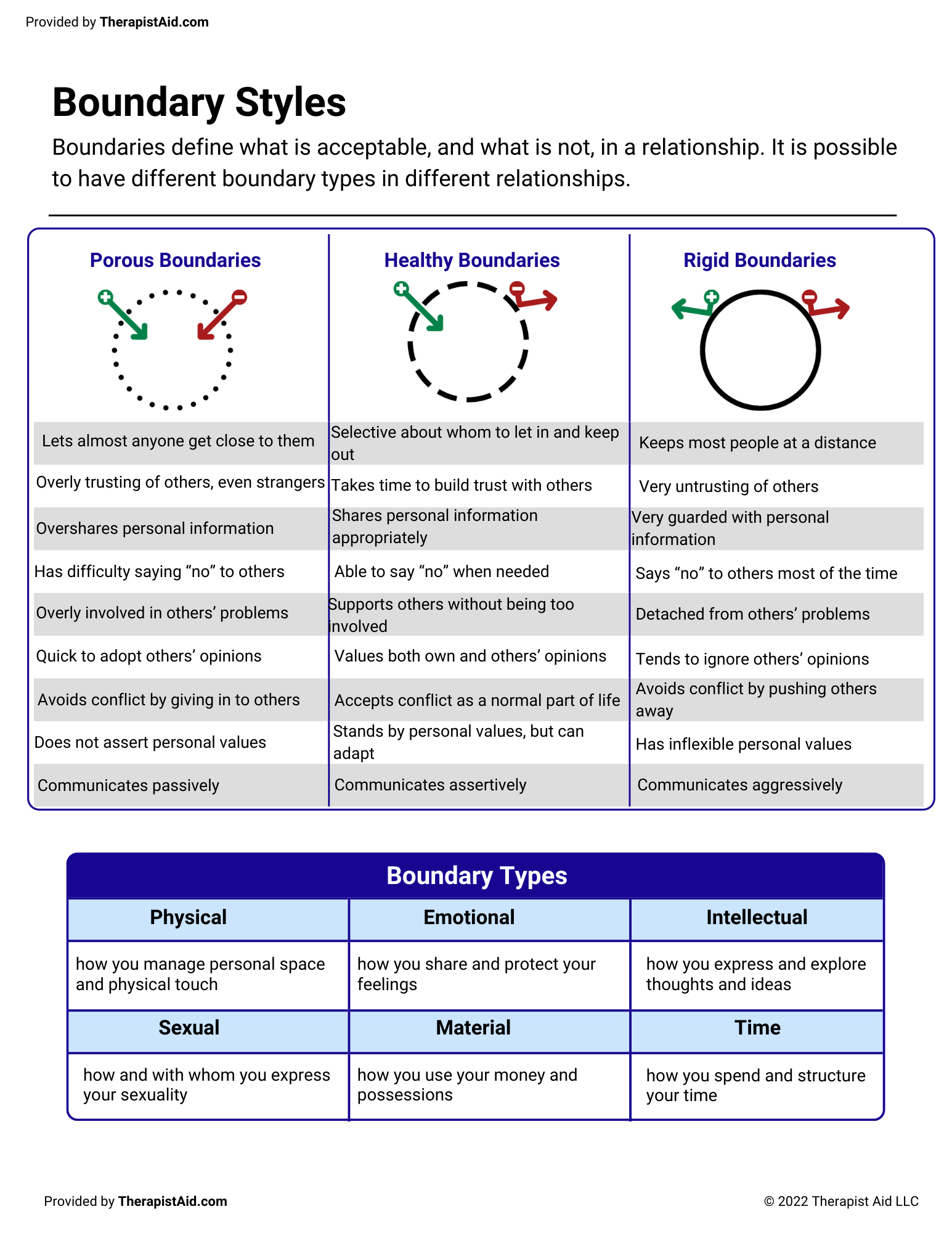Healthy vs. Unhealthy Boundaries: Why They Matter for Your Mental Well-being
Boundaries are essential in every aspect of life—whether it’s in relationships, work, or personal self-care. Yet, many of us struggle to set and maintain healthy boundaries, often feeling overwhelmed or guilty when doing so. So, what are boundaries, and why are they so important for maintaining good mental health?
In this blog post, we’ll dive into the concept of boundaries, the difference between healthy and unhealthy boundaries, and how they play a crucial role in your mental well-being.
What Are Boundaries?
Boundaries are the limits we set for ourselves and others in various situations. These limits define how much we are willing to give, receive, or tolerate in different relationships, work environments, or personal spaces. Boundaries protect our physical, emotional, and mental well-being by ensuring that our needs are respected, and that we don’t give more than we can handle.
Simply put, boundaries are like invisible fences that help define where you end and others begin.
Healthy vs. Unhealthy Boundaries
Healthy Boundaries
Healthy boundaries are those that allow you to protect your well-being while maintaining respectful and fulfilling relationships with others. They help you strike a balance between giving and receiving without feeling drained or overwhelmed.
Here are some characteristics of healthy boundaries:
Clear Communication: You are able to express your needs, feelings, and limits directly and respectfully.
Self-Respect: Healthy boundaries reflect a deep sense of self-respect and awareness of what you are willing to tolerate.
Respect for Others: You understand the importance of respecting others' boundaries and expect the same in return.
Flexibility: Healthy boundaries allow for flexibility in different situations, recognizing that not every boundary needs to be rigid.
Examples of Healthy Boundaries:
Saying “no” when you’re unable to take on additional tasks.
Setting aside time for self-care without feeling guilty.
Asking for personal space when you feel overwhelmed or need to recharge.
Unhealthy Boundaries
Unhealthy boundaries, on the other hand, either involve too little boundary-setting or are overly rigid. These types of boundaries can cause emotional distress, unhealthy relationships, and burnout.
Here are some signs of unhealthy boundaries:
People-Pleasing: Putting others’ needs before your own consistently, even at the expense of your well-being.
Lack of Communication: Not expressing your needs or feelings, either out of fear or a desire to avoid conflict.
Over-Accommodation: Agreeing to things you’re not comfortable with just to avoid upsetting someone else.
Enmeshment: Having difficulty distinguishing between your needs and the needs of others, often losing yourself in relationships.
Examples of Unhealthy Boundaries:
Saying “yes” to everything, even when you're overwhelmed.
Ignoring your own feelings to avoid conflict or rejection.
Allowing others to control or manipulate you because you’re afraid to assert your needs.
Why It’s Important to Set and Maintain Boundaries
Setting and maintaining healthy boundaries is essential for maintaining good mental health. Without them, it’s easy to become overwhelmed, burned out, or taken advantage of.
Here are some reasons why boundaries are so important:
Protects Your Mental and Emotional Health Boundaries are a safeguard for your emotional well-being. They allow you to maintain a sense of control over your own life and protect you from emotional exhaustion or stress. Setting limits helps prevent feelings of resentment or frustration from building up because you’re not constantly overextending yourself.
Promotes Healthy Relationships Healthy boundaries foster mutual respect in relationships. When you communicate your needs clearly and honor others’ boundaries, you create an environment where trust and respect can flourish. Boundaries help people understand what is acceptable and what is not, minimizing misunderstandings and conflicts.
Prevents Burnout Without boundaries, you risk taking on too much—whether at work, with family, or in social situations. Overcommitting yourself can lead to burnout, exhaustion, and feelings of being overwhelmed. By setting limits, you create space for rest and recovery, which is essential for maintaining long-term mental health.
Enhances Self-Esteem and Confidence Boundaries allow you to stand up for your needs and value yourself. By asserting boundaries, you’re telling yourself and others that your needs matter, which can significantly improve your self-esteem and confidence. This sense of self-worth is essential for mental well-being and helps protect against feelings of inadequacy or helplessness.
How Boundaries Affect Mental Well-being
Boundaries play a significant role in mental well-being because they protect our emotional energy and help us manage stress.
Here’s how boundaries affect your mental health:
Reduced Anxiety and Stress
When you’re clear about your boundaries, you avoid overcommitting, which reduces feelings of stress and anxiety. Knowing when to say no and how to express your needs gives you more control over your schedule and emotional energy, leading to a greater sense of calm.Better Emotional Regulation
Having healthy boundaries helps you regulate your emotions better. For example, if you feel overwhelmed by a situation, a boundary can help you remove yourself or take a step back before your emotions escalate. This emotional self-regulation can prevent anger, frustration, or sadness from building up.Increased Resilience
Maintaining healthy boundaries makes it easier to bounce back from setbacks or stressors. When you know how to protect your energy, you’re better equipped to handle challenges and maintain a positive outlook, which can enhance your overall resilience.Improved Self-Care
Setting boundaries ensures you have time for self-care and activities that recharge you, whether it's spending time with loved ones, enjoying hobbies, or relaxing in solitude. Taking care of yourself strengthens your mental and emotional health, making you better equipped to handle life’s demands.
Tips for Setting Healthy Boundaries
If you find it challenging to set boundaries, here are a few tips to get started:
Know Your Limits: Take time to reflect on what you need and what you can handle. Identify the areas in your life where you feel stretched thin, and determine what boundaries you need to set.
Communicate Clearly: Be direct and honest when expressing your boundaries. It’s okay to say “no” when you need to. Practice speaking up in low-stakes situations so it becomes easier in more challenging ones.
Be Consistent: Setting a boundary is only effective if you enforce it. Be consistent in honoring your own limits, and others will learn to respect them too.
Don’t Feel Guilty: Setting boundaries is not selfish—it’s a necessary form of self-care. Remember, you cannot pour from an empty cup. Taking care of yourself enables you to be there for others without sacrificing your own well-being.
Seek Support: If you’re struggling with setting boundaries, it can help to talk with a therapist or trusted friend who can offer support and guidance.
Conclusion
Boundaries are a critical aspect of maintaining good mental health. Healthy boundaries protect your emotional energy, help you manage stress, and promote healthy relationships. By understanding the difference between healthy and unhealthy boundaries, you can start to set clear limits that foster self-respect and emotional well-being. Remember, boundaries are not about building walls—they’re about creating a space where you can thrive and care for yourself while still nurturing the relationships and responsibilities that matter most.
If you’re ready to learn more about how to establish and maintain healthy boundaries, consider seeking support from a therapist who can help guide you through the process.
Contact Counseling in the Holler, LLC today to set up an appointment or a free consultation to see if we’re the right fit for you. Your well-being is our priority, and we're here to support you every step of the way.


